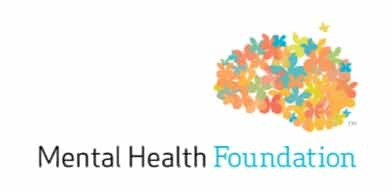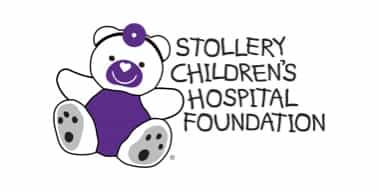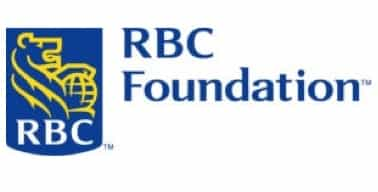Alcohol aka ethanol aka ethyl alcohol is a clear and colorless liquid. It is created through fermentation. It is one of the most used substances in the world. It is legal in many countries. Drinking alcohol can result in intoxication symptoms, which we will explore just below – hang tight!
How Does Alcohol Affect the Body?
After drinking alcohol, the effects usually start within 10 minutes.
At first, alcohol acts as a stimulant but it is actually a depressant. It causes the release of the “feel-good” neurotransmitters dopamine and serotonin. They can make you feel less “inhibited” or more “outgoing” and “confident”.
However, the more you drink alcohol, the more it “slows down” your central nervous system. This can cause symptoms like:
- Slowed thinking/response
- Slurred speech
- Loss of coordination
- Blurry vision
- Dizziness
- “Hangover” symptoms the next day
- Headaches
- Soreness
- Feeling tired or fatigued
This is especially why it is important to drink water when consuming alcohol.
With your body flushing out water quickly, the risk of dehydration runs higher. When our bodies are dehydrated, it can lead to unpleasant symptoms. Such as: dry mouth, headache, cramping, feeling light-headed, vomiting, etc.
Potentially Lethal Consequences of Uncontrolled Drinking
- “Blackout”: when you lose small parts or entire hours of memory shortly after starting drinking. You are unable to remember parts of the entire events of the night before.
- Alcohol poisoning: When there is too much alcohol in your blood, parts of your brain begin to stop working. This can affect your body’s ability to regulate certain life functions. Such as breathing, heart rate, body temperature, and consciousness. This can result in seizures/lack of gag reflex (potentially leading to choking), and potentially permanent brain damage or death.
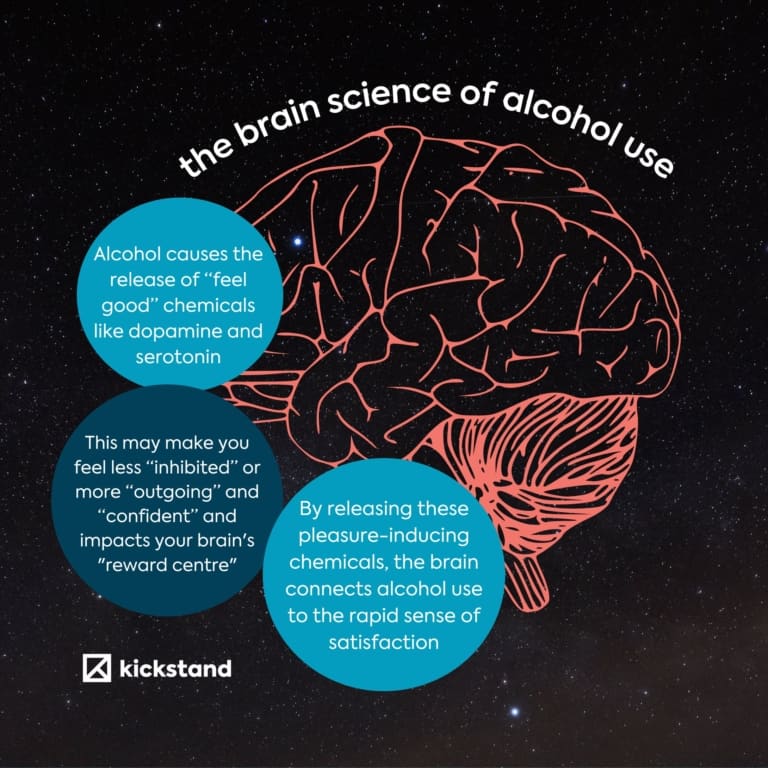
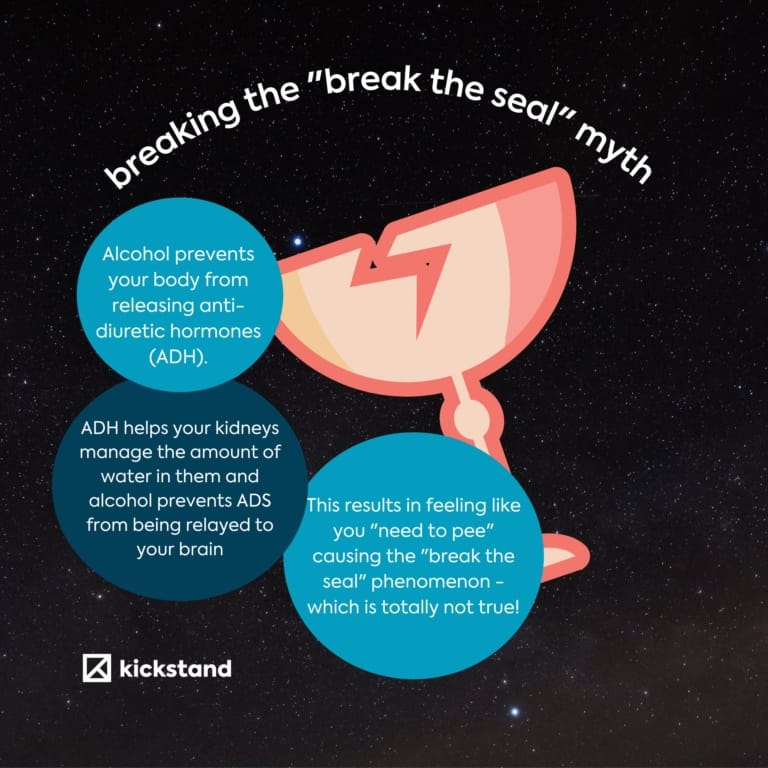
Drinking Responsibly
Drinking is a common activity but it can be dangerous as well. Planning to drink in a safe way can make it a more safe and more enjoyable option.
Here are some tips:
- Drink water while drinking. One good method is to have one glass of water/non-alcoholic drink for each alcoholic drink.
- Eat food before and while drinking. Drinking on an empty stomach can result in faster intoxication and a higher risk of serious health complications.
- Drink slowly. Try to pace yourself to one drink an hour, or no more than 2 drinks in 3 hours.
- Limit your drinking. Plan to drink once a week or less. Try to set weekly and daily limits on how much you drink. Try not to drink more than 2-3 drinks in one day, and no more than 10-15 drinks each week.
- Avoid drinking in situations that can put yourself or others in danger such as: when driving, when pregnant, engaging in a risky activity, etc.
- Make sure you have a safe way to get home, or a safe place to stay the night (if needed) in case you do drink lots.
- Do not drink alone! A very helpful way to stay safe is to make sure that you are with friends or other people that you trust and that if you come together you leave together.
Harmful Drinking
Choosing Not to Drink
Many people use alcohol recreationally and responsibly. But there are risks in developing harmful habits.
Here are some signs to look for in harmful alcohol use:
- Effects of drinking cause significant distress or impact one’s ability to fulfill responsibilities. Such as getting to school/ work on time or being able to concentrate at school/work.
- Continuing to drink even when it causes significant concerns for self or others.
- Spending lots of time drinking, thinking about drinking, or recovering from the effects of drinking.
- Regularly drinking more alcohol than originally intended. This is sometimes called binge drinking. You can find more information about this below.
- Wanting to “cut down” drinking but having trouble doing so.
- Having intense cravings to drink between periods of alcohol use.
- Needing to drink significantly more and more to get the intended effects.
- Withdrawal symptoms. Such as feeling sick, tired, restless, nauseous, trouble sleeping, or a racing heart when not drinking.
Saying “yes” to 2 or more of these may be a sign of an Alcohol Use Disorder.
Binge Drinking
Binge drinking is when you drink a large amount of alcohol in a short period of time. This is common with drinking games, pre-drinking, doing shots, or shot-gunning your alcohol. By doing this, your body is not able to process the alcohol quickly enough. This causes your blood alcohol level to rise and you become intoxicated or drunk.
Intoxication impacts your judgment, attitudes, behaviour, and reflexes. People do all kinds of things when they are drunk that they would never do when they are sober. People are less inhibited, sensitive and aware. They are often more reckless and careless when intoxicated. They can do things that seem stupid, dangerous, embarrassing or even shameful once they have sobered up.
While drinking any amount of alcohol can bring certain risks, binge drinking definitely increases the risk of more serious harm.
Potential harmful effects from binge drinking:
|
|
|
|
|
|
|
|
|
|
|
|
You can learn more about binge drinking here. Follow the low-risk drinking guidelines to help limit your health and safety risks while drinking.
Though less talked about, many people choose to not drink alcohol at all. That is 100% fine! Some people decide to become sober after using substances. Some people know that using substances doesn’t suit them.
You might be told it’s “uncool” to choose a sober lifestyle. However, choosing to not use alcohol, tobacco or other substances is actually rooted in hardcore punk culture! In fact, a recent article in New York Times talked about how many young people are pursuing sobriety and how it’s become chic and celebrated. Check out this article that interviews 6 millennial women on how they navigate sobriety.
Check out this page for more information on free youth mental health services that you or a loved one can access through our virtual clinic, Kickstand Connect.
